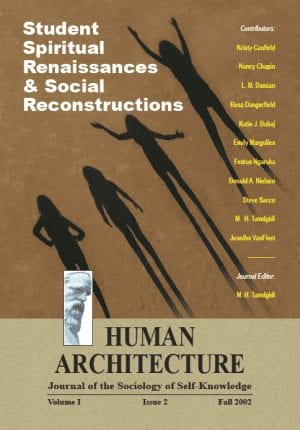Journal Article — Migration Theory in the Domestic Context: North-South Labor Movement in Brazil — by Terry-Ann Jones
$15.00
This article discusses theoretical approaches to domestic sugar cane labor migration in Brazil.
Description
Abstract
Sugar cane has remained central to the Brazilian economy, and increasingly so as rising petroleum prices spark an increase in the demand for ethanol. As a world leader in sugar cane based ethanol production, Brazil has a need for low-skilled, low-wage workers in this industry. As petroleum prices rise, and with them the demand for biofuels, the incentives to produce more sugar cane in Brazil have fueled the demand for labor on plantations and in sugar mills. In Brazil’s sugar-producing regions of the central and southeastern states, the labor demands in the fields are primarily filled by migrants. However, these migrants are not foreigners, but Brazilians who migrate seasonally from northern and northeastern states such as Maranhão, Bahia, Alagoas, Pará, and Minas Gerais. Although these workers are Brazilians traveling and working in their home country, they face many of the difficulties that international migrants in other countries face, including discrimination, poor wages, and inhumane working conditions. This article discusses theoretical approaches to domestic sugar cane labor migration in Brazil.
Recommended Citation
Jones, Terry-Ann. 2009. “Migration Theory in the Domestic Context: North-South Labor Movement in Brazil.” Pp. 5-14 in Migrating Identities and Perspectives: Latin America and the Caribbean in Local and Global Contexts (Human Architecture: Journal of the Sociology of Self-Knowledge: Volume VII, Issue 4, 2009.) Belmont, MA: Okcir Press (an imprint of Ahead Publishing House).
The various editions of Migrating Identities and Perspectives: Latin America and the Caribbean in Local and Global Contexts can be ordered from the Okcir Store and are also available for ordering from all major online bookstores worldwide (such as Amazon, Barnes&Noble, and others).
Read the Above Publication Online
To read the above publication online, you need to be logged in as an OKCIR Library member with a valid access. In that case just click on the large PDF icon below to access the publication. Make sure you refresh your browser page after logging in.








